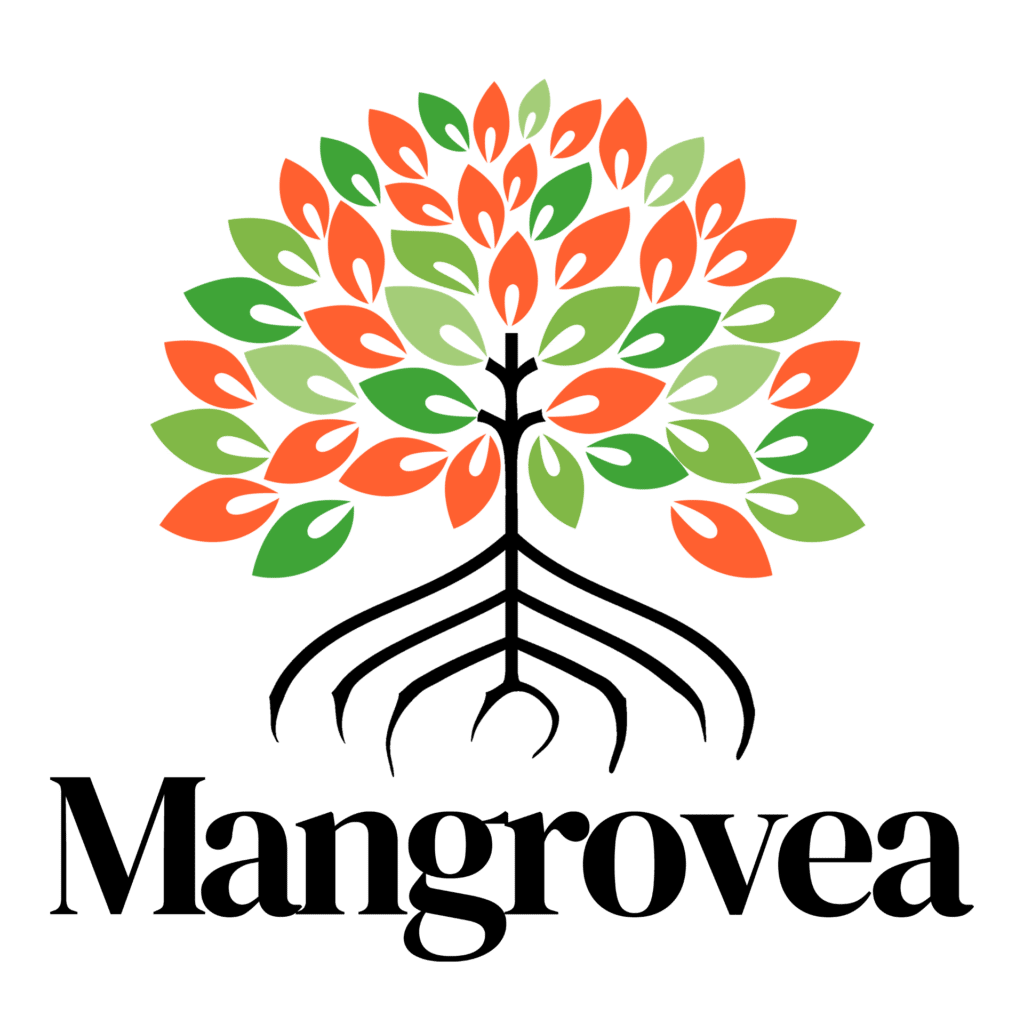Demand generation and lead generation are two digital marketing tactics. Although the approach and interest of these two methods are different, they both share the same objective: to generate greater lead volume and business growth for the company.
In this article, I'm going to demystify these concepts, exploring their similarities and differences, and giving you some advice on how to choose the strategy best suited to your business objectives. Who's best suited to capture your leads? Let the battle begin!

Understanding the fundamentals: Lead Gen and Demand Gen
What is Lead Generation (Lead Gen)?
Lead generation is the process of engaging prospects with an offer or resource, and obtaining their contact details in return.
This offer or resource is called a "lead magnet".. A well-crafted lead magnet is relatively irresistible to the target audience, making it a formidable technique for generating contact volume.
Depending on the nature of the content proposed in the lead magnet, and the level of qualification of the target audience, the prospects thus generated can be sorted at different levels in the sales pipeline. They will then be exposed either to nurturing content, if they are deemed too unintentional to date, or to sales content.
For example, in the case of Mangrovea: a person who has never been in contact with us and who downloads a lead magnet on "Understanding B2B marketing" would be tagged at the beginning of the journey, whereas a person who has already been exposed to our content several times and who wishes to get a free audit of its advertising accounts would be tagged as highly intentional.

What is Demand Generation (Demand Gen)?
Demand generation is a method designed to arouse interest in your products or services, while improving brand awareness and reputation. This is a long-term approach, in which the company gradually exposes its audience to different types of content: educational, informative, engaging, commercial, etc. on different platforms.
Little by little, by constantly and frequently bringing value to the audience, a relationship of trust will develop, positioning the brand and the company "top of the mind" in the prospect's mind.
Being "top of the mind" means that when they need a solution from you (and your competitors), they'll think of you immediately.
It's the ultimate B2B grail.

Points of convergence and divergence between Lead Gen and Demand Gen
Similarities: Long-term objectives and content strategies
Demand Gen and Lead Gen are both designed to boost your company's growth and increase sales. Their strategy is based on the development of content capable of attracting, informing and convincing your target audience.
Content - be it blogs, downloadable resources, promotions or network posts - is essential to the success of your marketing campaigns. It needs to be finely tuned to match the needs of your audience, highlight your unique proposition and fit seamlessly into the buying journey of your potential customers.
Key differences: Tactical approaches and priorities
Demand Gen and Lead Gen differ mainly in their tactical approaches and priorities. Demand generation favors quality over quantity, seeking to establish a lasting connection with the audience, consolidate brand image and build trust.
It employs methods that don't require a form to capture leads, such as blog articles, social network posts, podcasts, YouTube videos or webinars, and appeals to a broad audience that isn't necessarily ready to make a purchase.
Conversely, lead generation focuses on quantity and concentrates its efforts on acquiring as many qualified contacts as possible, initiating sales discussions and accelerating the sales process. It uses tactics requiring a capture form, such as exclusive offers, sales intelligence tools, or follow-up emails, and targets a precise audience, generally in an advanced phase of the buying journey, having demonstrated a clear need or intention to purchase.
Deciding between Lead Gen and Demand Gen: How to make the right choice for your business?
The 95-5 rule in digital marketing
In digital marketing, it's estimated that on average, out of 100% of the market your company can address, only 5% are aware of the problem and are actively looking for a solution.
It's not much.
And what you need to read between the lines is: You'll hit a glass ceiling pretty quickly if you just focus on "hot prospects". Yet that's what most companies do.

Lead Generation vs Demand Generation: How to choose?
To sum up:
Demand generation is a bit like tending a garden: it requires time, patience and a sustained commitment to educating and involving your potential customers. Although it may not produce results in the short term, it addresses the bulk of the market (the 95% according to the 95-5 rule) and therefore produces massive, sustainable results over time. This approach is ideal for companies that aspire to solid long-term growth and want to establish a relationship of trust with their audience.
On the other hand, lead generation is more immediate. It's like launching a major leafleting campaign in your neighborhood to draw attention to your next sale. If you're launching a start-up or want to quickly test a new service, this allows you to check market interest directly. And for companies that already have a dynamic sales team, it's the perfect tool for building up your contact base and maintaining regular interaction with numerous prospects, facilitating their rapid conversion into customers.
| Demand Gen | Lead Gen | |
| Develop the community around the brand and services | +++ | + |
| Effective for educating targets when selling a complex service | +++ | ++ |
| Effective for generating a contact base and feeding the sales pipeline | + | +++ |
| Generate qualified, intentional leads | +++ | + |
| Generates a consistent, constant and predictable lead volume. | + | +++ |
| Suitable for companies with a small sales force | +++ | + |
| Continues to have a long-term effect thanks to evergreen content | +++ | + |
| Maintains relationships with prospects | + | +++ |
| Quick and easy to set up | + | +++ |
| Quick turnaround before first results | + | +++ |
Identify your core business objectives
The key to knowing what to do first lies in understanding your fundamental business objectives. Ask yourself: what are the key performance indicators (KPIs) you're aiming for?
Understanding the average sales cycle for your product or service, as well as the average cost of customer acquisition, is essential. These elements will guide you towards the number and type of leads you need, and inform the budget and time you need to invest in your marketing actions.
Market valuations
The second step involves a rigorous assessment of the market. Ask yourself :
- Average length of the sales cycle: Is it fast or slow? The longer the cycle, the greater the interest in demand gen.
- The volume of leads on the market: Substantial or reduced? The greater the volume, the greater the interest in lead generation.
The winning combination: Use Lead Gen and Demand Gen in synergy
Also (and more importantly!), it's important to note that you don't have to choose exclusively between these two strategies. For a well-established company, the combined use of demand and lead generation can be extremely beneficial. While demand generation helps to build and nurture your brand over the long term, lead generation can be exploited in parallel to stimulate immediate results in terms of sales. It's a winning strategy on all fronts.
Finding the ideal balance between these two approaches means assessing your situation according to several key criteria: brand awareness, market maturity, the sales cycle of your offer, and the cost of customer acquisition.
This model helps position your company on a scale from demand generation to lead generation. If your brand needs more visibility, priority should be given to demand generation. If, on the other hand, your focus is on immediate conversion, move towards lead generation. A balance can also be struck by judiciously combining the two approaches.
Conclusion
Clearly, demand generation and lead generation are two essential marketing tactics that complement each other. While demand generation aims to establish a deep connection with your audience, improve your visibility and build lasting trust, lead generation focuses on capturing qualified contacts, facilitating sales dialogues, and accelerating the sales process.
The choice between these two approaches depends entirely on your specific needs, the nature of your business, the resources at your disposal, and the characteristics of your market. However, integrating the two strategies offers you a unique opportunity to fine-tune your marketing plan and surpass your business objectives.
If you'd like to explore further the possibilities offered by demand and lead generation, and discover how to implement them effectively, we're here to help. As an expert inbound marketing agency, we'll guide you through the creation and promotion of relevant content, perfectly aligned with your audience's needs and the different stages of their buying journey.
We're committed to helping you increase your traffic, leads and conversions, thanks to our expertise and range of innovative tools. Get in touch with us today to benefit from a free marketing audit and gain significant momentum towards your goals.




